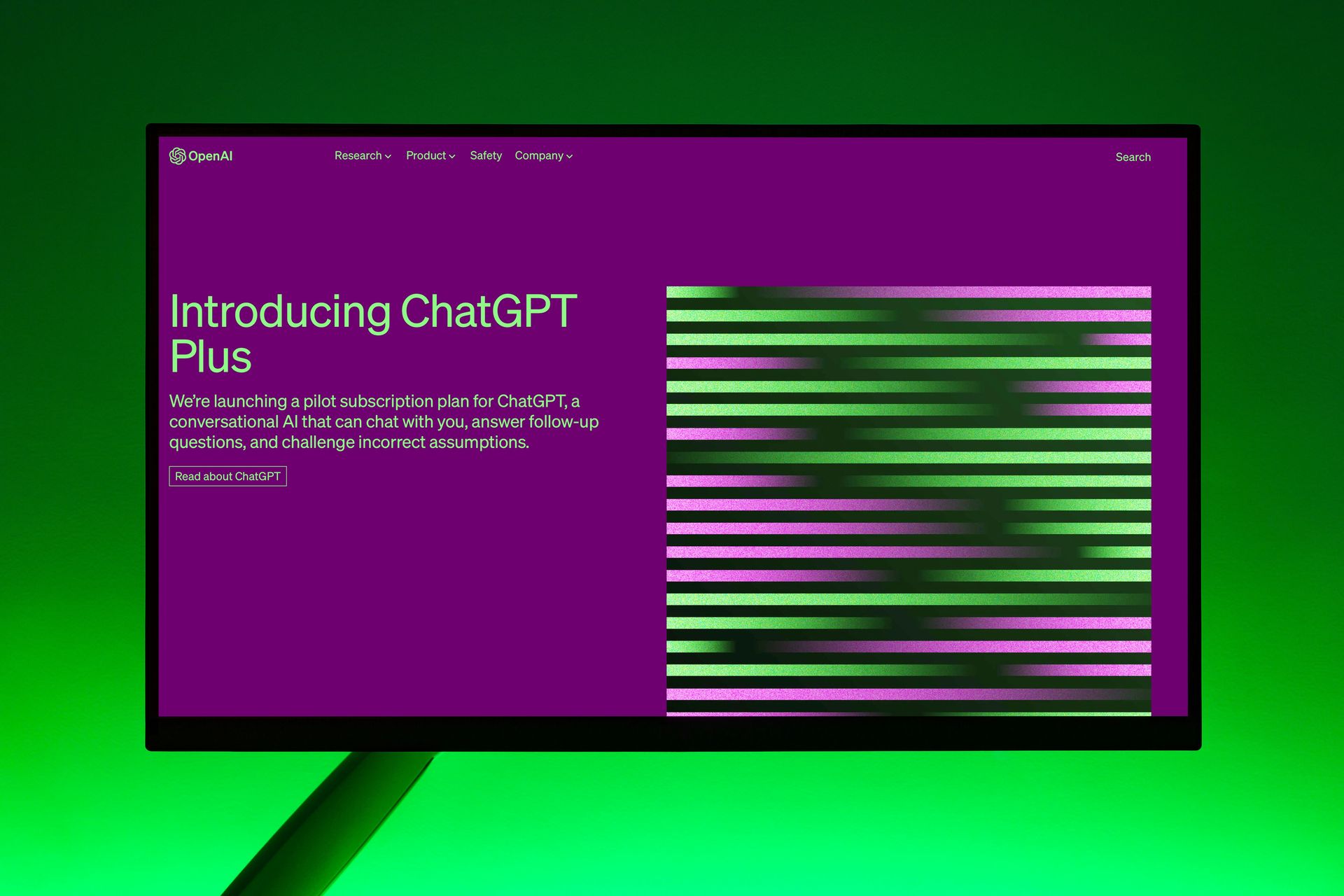Contract of Employment Explained
In Ireland, it is a legal requirement that when someone works for you, there is a contract of employment in place.
Simply put, this contract acts an agreement that your employee will work for you, and you will pay them for that work. While initially, it may be the case that not all the terms and conditions of employment are agreed, nonetheless, a contract must exist.
An employment contract may be verbal, written, or a combination of both verbal and written. However, it is worth noting that while the contract of employment need not legally be in writing, the Terms of Employment (Information) Act 1994 does set out a legal requirement that certain Terms and Conditions be provided to your employee within one month of them commencing their employment. Meanwhile, the Employment (Miscellaneous Provisions) Act 2018 sets out core terms and conditions that must be supplied within 5 days of commencement of work.
What must be include in the 5-day statement of core terms of employment?
As mentioned above, the Employment (Miscellaneous Provisions) Act 2018 sets out that within 5 days of commencing employment, you the employer must give your employee a written statement of the following terms of employment:
1. The full names of the employer and employee;
2. The address of the employer, or of the principal place of business;
3. The place of work, or where there is no fixed or main place of work, a statement stating that there are various places or you are free to set your own place of work or to work at various places;
4. The title, grade or nature of the work (such as a brief job description);
5. The date of commencement of the contract of employment;
6. The expected duration of the contract (if the contract is temporary or fixed-term);
7. The remuneration, including the initial basic amount, any other component elements, if applicable, indicated separately, the frequency and method of payment of the remuneration to which the employee is entitled, and the pay reference period for the purposes of the National Minimum Wage Act, 2000;
8. The Number of Hours the employer reasonably expects the normal length of your working day and week to be;
9. The duration and conditions relating to the probation period if applicable;
10. Any terms or conditions relating to hours of work, including overtime.
Written statement of terms of employment
Following on from the initial 5 days work period, the Terms of Employment Information Act 1994 stipulates that your employee must receive a written statement of terms and conditions within one month of them starting work with you. The following must be included in that statement:
1. The full names of the employer and the employee;
2. The address of the employer;
3. The employee may request a written statement of the average hourly rate of pay;
4. Whether pay is weekly, fortnightly, monthly, or otherwise
5. Terms or conditions relating to paid leave other than paid sick leave)
6. Any terms or conditions relating to incapacity for work due to sickness or injury
7. Any terms or conditions relating to pensions and pension schemes
8. Periods of Notice or method for determining periods of notice
9. A reference to any collective agreements which affect the terms of employment;
10. A reference to any appliable REA or ERO and where the employee may obtain a copy of same;
11. The training entitlement, if any, provided by the employer;
12. If the employee is a temporary agency worker, the identity of the user undertakings;
13. If the work pattern is entirely or mostly unpredictable, the statement must state:
a)that that work schedule is variable, the number of guaranteed paid hours and the remuneration for work performed in addition to those guaranteed hours
b)the reference hours and days within which the employee may be required to work
c)the minimum notice period to which the employee is entitled to before the start of a work assignment and, where applicable, the deadline for notification in accordance with Section 17 of the Organisation of Working Time Act 1997, and
d)where it is the responsibility of the employer, the identity of the social security institutions receiving the social insurance contributions attached to the contract of employment and any protection relating to social security provided by the employer.
Failing to have the required employment contracts in place or failure to issue these Terms and Conditions on time, may leave your business vulnerable to claims. Luckily, we’re here to help you!
Give us a call today and we will ensure your contracts and are up-to-date and all your employees receive the required documentation in a timely and efficient manner.
By Hugh Hegarty












